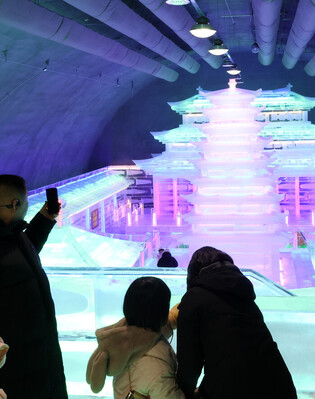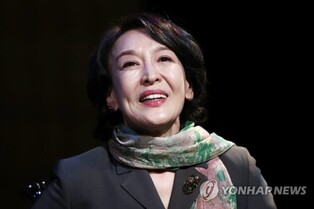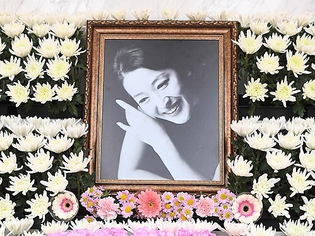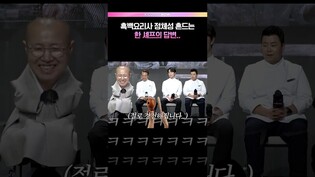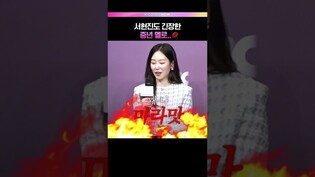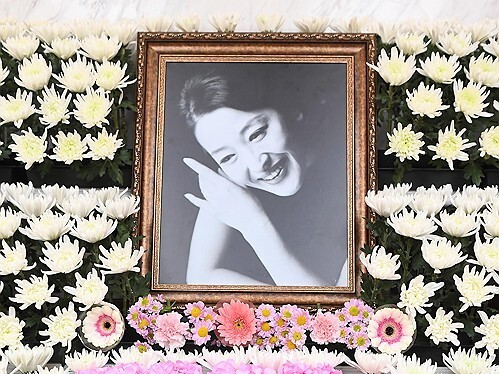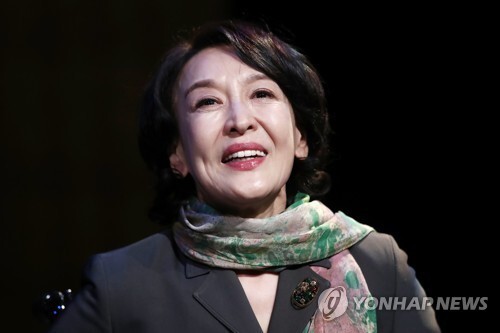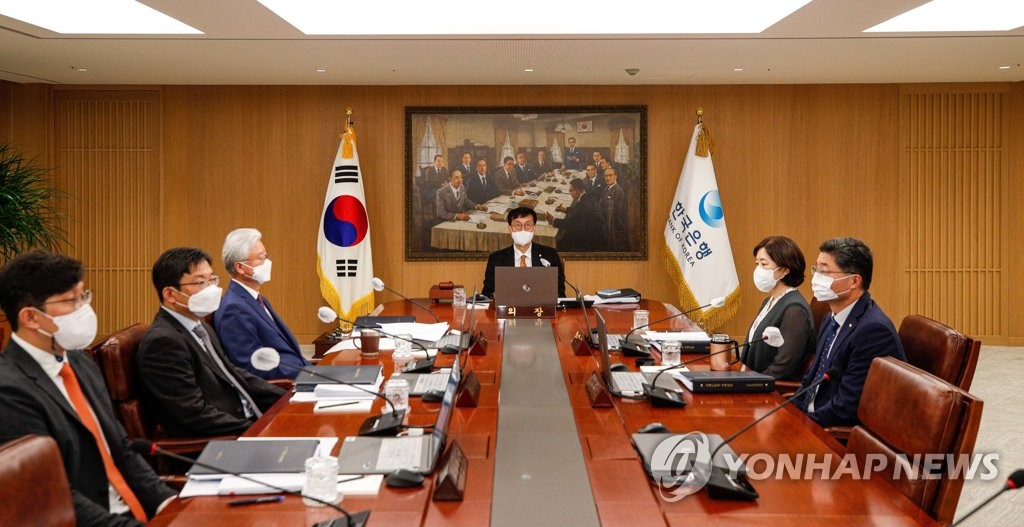 |
| ▲ Bank of Korea (BOK) Gov. Rhee Chang-yong (C, rear) presides over a Monetary Policy Committee meeting at the central bank in Seoul, in this July 13, 2022, file photo. The central bank raised its key interest rate by an unprecedented 0.5 percentage point to 2.25 percent to fight fast-growing inflation pressure pushed up by high energy and commodity prices. (Pool photo) (Yonhap) |
BOK-rate decision
BOK hikes policy rate to 2.5 pct to fight inflation
SEOUL, Aug. 25 (Yonhap) -- South Korea's central bank raised its key interest rate by a quarter percentage point Thursday in its latest move to keep a lid on inflation pressure that has been advancing at a fast clip amid rising costs of importing energy and other key commodities.
As widely expected, the monetary policy board of the Bank of Korea (BOK) voted to increase the benchmark seven-day repo rate to 2.5 percent at a rate-setting meeting earlier in the day, according to the central bank.
The move represented the central bank's seventh increase in borrowing costs -- 2 percentage points combined -- since it delivered its first rate hike in 13 months in August last year to roll back its pandemic-era easing of its monetary policy stance and cope with fast-growing inflation concerns.
It also came after the central bank raised the benchmark rate in the previous three meetings, a first in the central bank's history. In July, the BOK delivered its first-ever "big-step" rate hike of 50 basis points.
The recent sequence of fast rate increases is intended to rein in inflation that has been under growing upward pressure from high energy prices and mounting import bills of other key materials whose supply disruptions remain snarled amid the ongoing war in Ukraine.
The country's consumer prices, a major gauge of inflation, soared 6.3 percent in July from a year earlier, the fastest pace in almost 24 years.
Inflation expectations -- people's expectations of price hikes over the next one year -- came to 4.3 percent this month, which marked a small dip from the previous month's all-time high of 4.7 percent but remained still high.
The BOK has emphasized that its priority is to fight inflation, but it remains concerned that too fast and sharp rate increases could increase the household debt burden and also excessively cool economic growth that has been recovering from the fallout of the coronavirus pandemic.
BOK Gov. Rhee Chang-yong told reporters after the rate increase decision in July that inflation will likely peak either in the late third quarter or early fourth quarter, though it is impossible to definitely say amid growing uncertainty at home and abroad.
He added that the BOK will likely push for one or two more rate increases by year-end, but they will most likely be incremental 0.25 percentage-point rises.
Another factor that apparently influenced Thursday's rate increase decision is the Federal Reserve's swift and sharp monetary tightening, including the two consecutive months of 0.75 point increases in June and July.
As a result of such sharp rate increases, borrowing costs in the U.S. have become more expensive than those in South Korea, prompting concerns over the possibility of capital going out in pursuit of higher returns, a phenomenon that experts worry could further weaken the local currency against the dollar, make imports more expensive and put additional upward pressure on inflation.
Market watchers are now being fixated on what Fed Chair Jerome Powell will say at the Fed's annual symposium in Jackson Hole, Wyoming, scheduled for Friday (U.S. time) to get a glimpse into the near-future trajectory of the U.S. monetary policy.
(END)
(C) Yonhap News Agency. All Rights Reserved

















